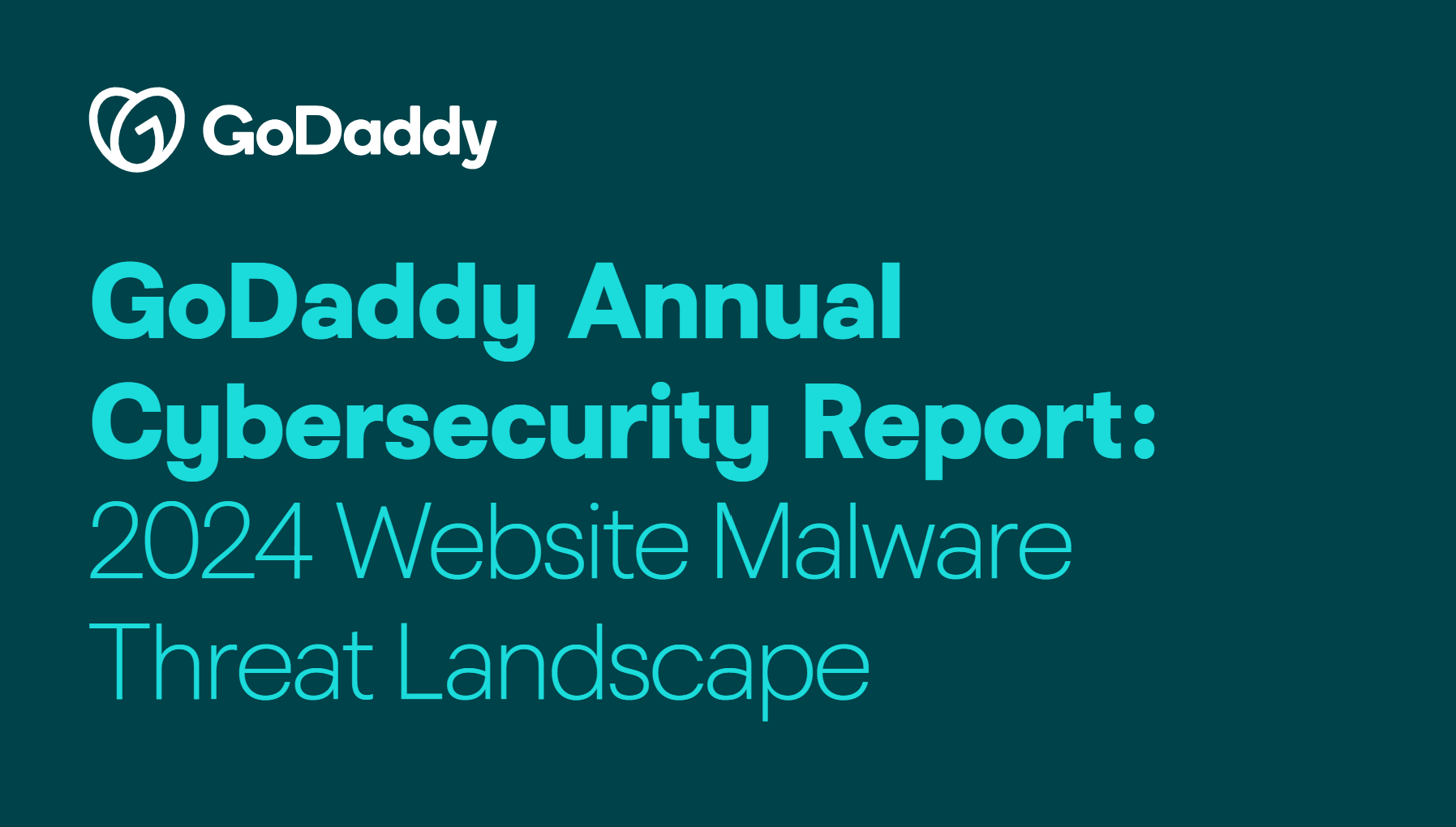GoDaddy is deeply committed to ensuring that the internet remains an open and resilient space a space for all to engage. As part of our dedication to this mission, GoDaddy has proudly joined the Technical Community Coalition for Multistakeholderism (TCCM) to contribute to the enhancement and improvement of the Global Digital Compact (GDC) process, ensuring it remains inclusive, transparent, and driven by technical expertise.
Standing Together for Multistakeholderism
The TCCM is a united front of technical organisations advocating a multistakeholder approach to Internet governance. The true strength of the Internet lies in its collaborative and inclusive foundation, where governments, private sector leaders, civil society, and technical communities come together to shape policies that impact everyone. This collective approach ensures that the Internet remains a dynamic and equitable space for all.
Our customers rely on us to provide secure, reliable, and globally accessible online solutions. By actively participating in the TCCM, we are not only helping to safeguard the future of the internet but also ensuring that our customers can continue to operate their businesses and online assets seamlessly across borders. The future of the internet should not be decided by a few but by all who are invested in its success, and GoDaddy is proud to be at the forefront of this movement.
The full Joint Statement from A Technical Community Coalition for Multistakeholderism.
| Joint Statement from A Technical Community Coalition for Multistakeholderism: Our concerns on the Global Digital Compact process & possible outcomes. We, the undersigned, are aligned organisations working in the internet’s technical community with a long history of involvement in multi-stakeholder internet governance. We are writing to convey our concerns around the Global Digital Compact (GDC) process and, consequently, the possible outcomes of the Compact. Following our regular engagement in multi-stakeholder inputs for the Compact’s development, we remain unclear about how the views put forward in these engagements have effectively and meaningfully contributed to the GDC zero draft and its subsequent revisions. We are also troubled that recent multi-stakeholder consultations have not catered to global participation in terms of format and selected date and time. These challenges run contrary to the Compact’s invitation to “international and regional organizations, the private sector, academia, technical community and civil society groups to endorse the Compact and take active part in its implementation and follow-up” (para. 65, Rev. 2). Noting that the latest version of the Compact (Rev. 3) and further schedule remain unpublished, we also have continued concerns about the transparency and openness of this process. Despite widespread support for multi-stakeholder internet governance across all stakeholder consultations, and strong advocacy from many Member States, there appears to be real potential that such support will not be meaningfully reflected in the agreed-upon Compact. Multi-stakeholder internet governance involves all stakeholder groups — governments, civil society, academia, the private sector and the technical community — in policy decisions about how the operational aspects of the internet are managed, on equal footing. Finally, we remain very concerned about the scope and breadth of UN-led initiatives outlined in all versions of the Compact. Despite repeated calls from stakeholders and many Member States for the scaling back of such new initiatives and structures, there has been limited meaningful reduction or tempering of the new multilateral initiatives proposed in the GDC. We have also repeatedly called for the bolstering of multi-stakeholder initiatives including those that were created as part of the World Summit on the Information Society (WSIS) outcomes, in particular the Internet Governance Forum (IGF). We highlight similar concerns to those outlined above in recent statements from other members of the technical community and members of civil society, respectively. We call for additional, timely and meaningful engagement with the multi-stakeholder community as this process progresses, with clear indication of how these inputs have been integrated into the outcomes of this Compact. It is only through the regular and meaningful involvement of all stakeholder groups in the Compact’s development that we can successfully achieve its stated goal of “shared principles for an open, free and secure digital future for all”. List of organisations signing on - Asia Pacific Network Information Centre (APNIC) - Associação DNS.PT (.pt registry) - .au Domain Administration (auDA) - Blacknight -Canadian Internet Registration Authority (CIRA) - DENIC eG - DNS Africa Ltd - DotAsia Organisation - GoDaddy - Identity Digital - IE Domain Registry CLG (trading as .ie) - InternetNZ - Japan Network Information Center (JPNIC) - Japan Registry Services Co., Ltd. (JPRS) - Network Information Center Costa Rica (NIC Costa Rica) - Nominet UK Norid (.no) Public Interest Registry (.ORG) - Taiwan Network and Information Center (TWNIC) |





